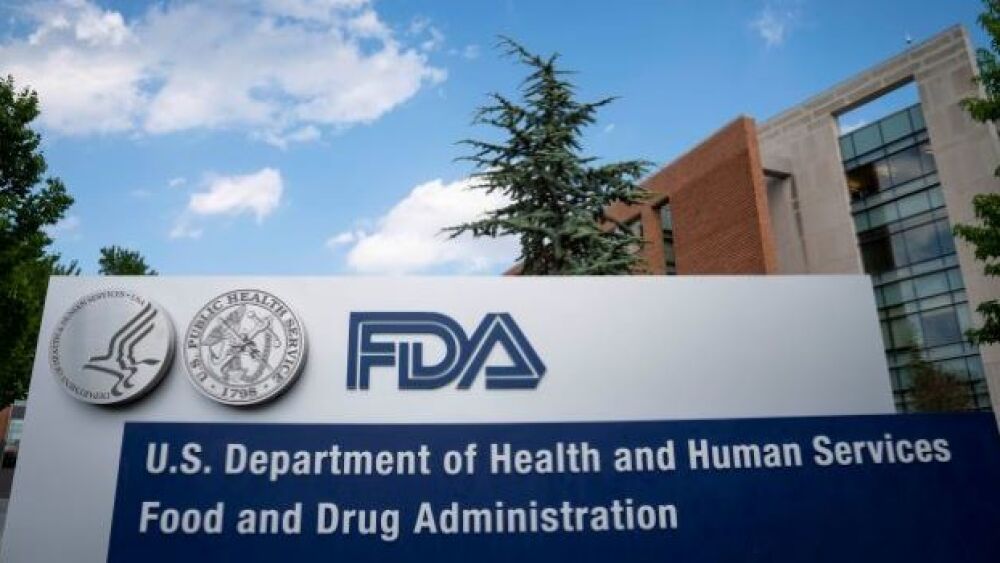The advisory committee voted 19-0 to recommend the extra dose of the J&J shot for anyone 18 years and older.
Sarah Silbiger/Getty Images
Similar to yesterday’s news that the U.S. Food and Drug Administration (FDA)’s Vaccines and Related Biological Products Advisory Committee recommended Moderna’s mRNA-1273 COVID-19 booster shot, the same advisory panel recommended a booster dose of the Johnson & Johnson vaccine at least two months after the first dose. The final decision for both will be turned over the agency. Then the U.S. Centers for Disease Control and Prevention (CDC)’s own panel of advisers will consider the recommendation.
The advisory committee voted 19-0 to recommend the extra dose of the J&J shot for anyone 18 years and older. J&J has released studies showing that a booster at two or six months can bring the overall vaccine’s effectiveness up to 94%. It also does not seem to diminish over time the way the Pfizer-BioNTech vaccine appears to. On the other hand, the J&J vaccine has not demonstrated as high an efficacy level as the Pfizer-BioNTech and Moderna vaccines. Real-world studies show the J&J vaccine efficacy somewhere between 50% and 68%.
Amanda Cohn, Chief Medical Officer of the National Center for Immunization and Respiratory Diseases at the CDC and a member of the CDC’s Advisory Committee on Immunization Practices, said, “Regardless of whether or not there has been waning or this is the true effectiveness after a single dose, the effectiveness or protection of a single dose of the J&J vaccine is not equivalent to protection at this time with either two doses of an mRNA vaccine and certainly not in those groups who have now been authorized to receive a booster dose of an mRNA vaccine.”
The FDA’s committee’s chair, Arnold Monto, a professor of public health and epidemiology at the University of Michigan, noted, “So there is some urgency here to do something.”
The FDA committee did say there wasn’t that much data showing the J&J vaccine efficacy was dropping or that it was all that strong anyway. Archana Chatterjee, a pediatric infectious diseases expert at Rosalind Franklin University in Chicago and a member of the committee, said, “I would say I agree a second dose booster is needed to boost immunity back to the 90-plus range.”
The FDA authorized a booster shot of the Pfizer-BioNTech vaccine for people over the age of 65, individuals at high risk for severe disease and front-line healthcare workers six months after they received their second dose, on September 23. Before that it was authorized for people who were immunocompromised. Shortly afterwards, the CDC committee voted in support of it as well, but added in an additional population, people from the ages of 18-64 who are at increased risk of COVID-19 because of their work or living situation.
Another related subject that will be before the FDA and CDC is whether you can mix-and-match vaccines. Which is to say, if you received the two-dose Pfizer-BioNTech or Moderna vaccines or the one-shot J&J vaccine, can you get a booster of one of the others. The National Institutes of Health (NIH) released a study that has yet to be peer-reviewed that examined the possibility.
The study demonstrated that people who received the J&J single-shot vaccine had stronger antibody levels after receiving boosters of the Moderna or Pfizer-BioNTech shots compared to another J&J shot. People who were given the Moderna or Pfizer-BioNTech vaccines first and received either of the two as boosters had similarly strong immune responses.





